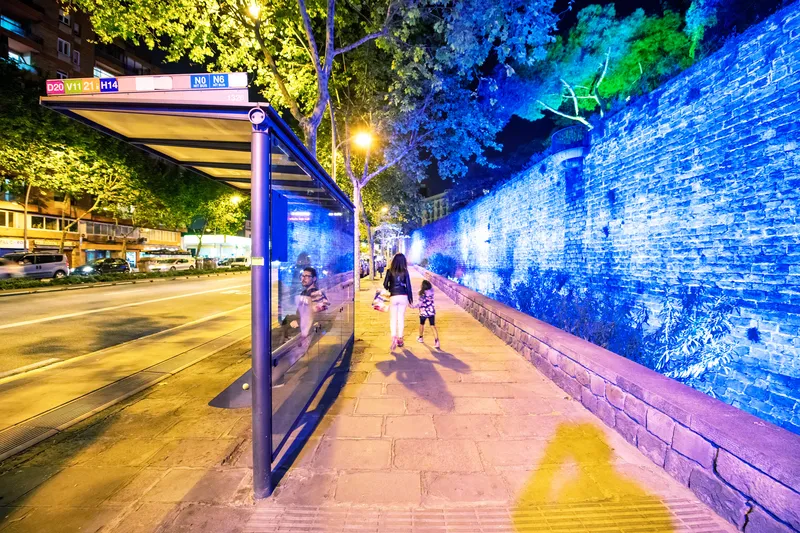
Barcelona’s metropolitan transportation authority (ATM) has awarded GMV a €7m contract to supply, install and deploy information systems on 916 buses.
GMV's multi-fleet, multi-operator computer-aided dispatch/automatic vehicle location (CAD/AVL) system will update the current solution being used by the 27 ATM operators, which was also provided by GMV.
Digitalisation has led to passengers’ expectations skyrocketing when it comes to receiving information about public transportation, GMV says, meaning that accurate, integrated travel information needs to be displayed across multiple channels, including displays at stops or in vehicles as well as journey planners, websites and mobile apps.
The company’s systems mean operators can make decisions and monitor services in real time, with ATM buses equipped with on-board equipment offering CAD/AVL and passenger information features, as well as modular set-ups allowing for onboard passenger counting, video recording and IP cameras.
GMV is offering two equipment options: the advanced one will include an onboard video surveillance system (CCTV) and passenger counting carried out by sensors on the bus.
The video signal is sent in real time to the control centre and is also stored on the buses. Emergencies detected by the system automatically trigger a call to the relevant emergency response service, GMV says.
The company says an interface layer has also been added to allow integration with external systems from other transportation authorities, such as Àrea Metropolitana de Barcelona (AMB), via an information export mechanism based on the SIRI and GTFS standards.
GMV’s ITS is installed in cities such as Madrid, Barcelona, and Seville, Spain; Cascais, Portugal; Gdansk and Szczecin, Poland; Los Angeles, US; Marrakech and Rabat, Morocco; and Montevideo, Uruguay.










